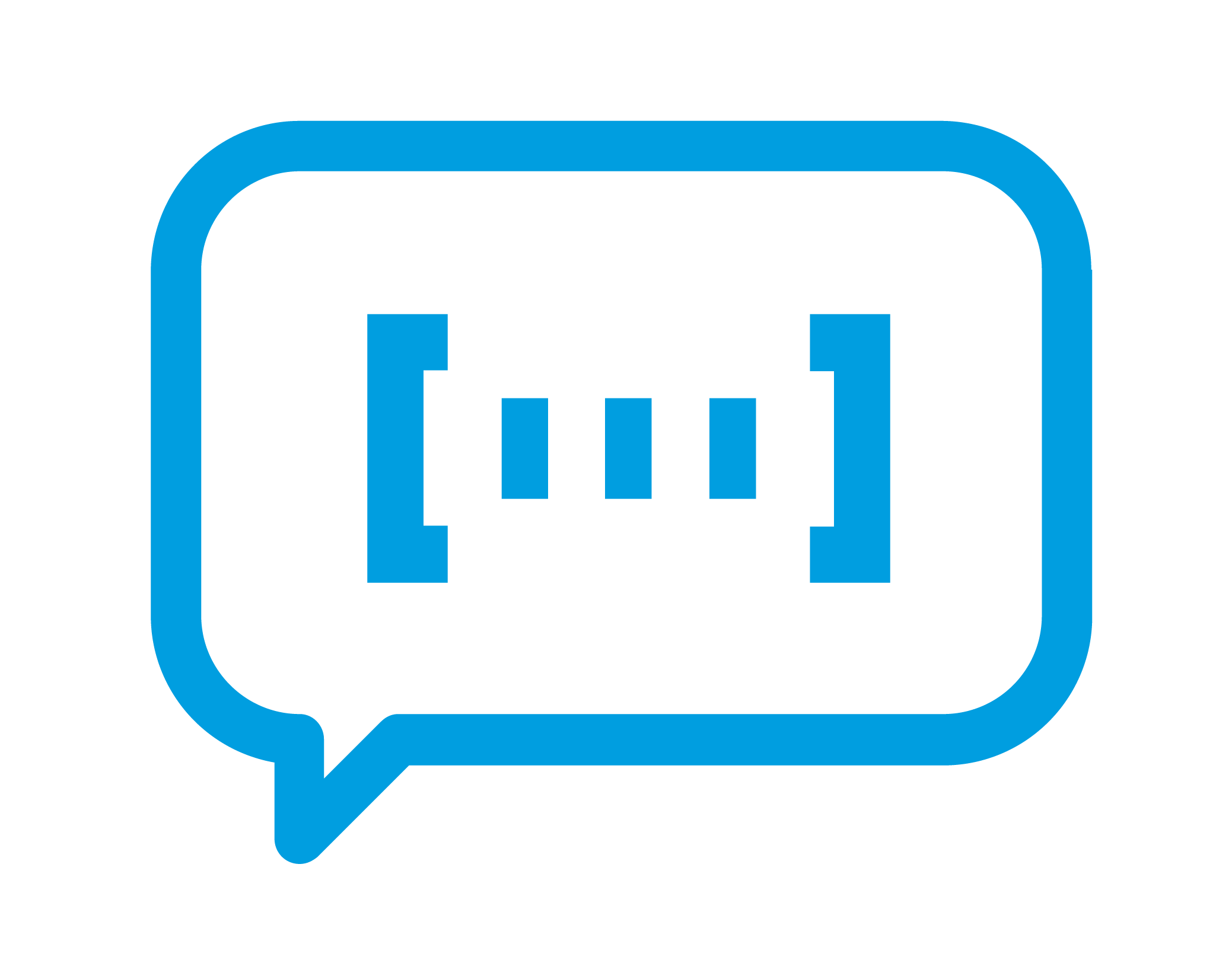Quick Reference: The Value of IT Management Frameworks-EN
Joaquín García
- DevOps, IT Service Management
- Article
All of us who are responsible for the performance and results of IT teams look to well-known frameworks to give us techniques and best practices that help us succeed in satisfying business objectives, requirements, and requests. However, it can be difficult to determine what is best for your organization given the multitude of frameworks available to us, each offering different practices for different problems.
To help, I wanted to identify some of the most common IT Management Frameworks from the basis of what they share. Then, I’ll provide a topline reference on how each of them differs. I hope this can give you a quick idea of which framework might be most useful for your problem.
What do IT Management Frameworks have in common?
Without exception, all these IT management frameworks share a primary common aspect: VALUE. This concept can be defined as the advantage offered by a product or a solution in relation to the effort to design, create, and/or operate it.

How do these frameworks differ?
ITIL
The ITIL framework covers all aspects of an end-to-end IT service provider, from the moment an opportunity or demand appears to the point which the provider delivers a solution that provides value to the client. It includes four dimensions: Organizations and People, Information and Technology, Partners and Suppliers, and Value Streams and Processes. ITIL proposes that value creation must be an exercise of collaboration between suppliers, the provider, and the customer (co-creation of value).
TOGAF
TOGAF is a management framework for developing Enterprise Architecture. It facilitates the translation of a business strategy into interrelated architectural components that enable implementation success. It is a tool for business and IT strategy.
PRINCE2
PRINCE2 is a project management methodology that facilitates control of the project and determines the responsibilities of the project customer, resource supplier, and of the product users. It aids in creating expected value for the product being developed.
DevOps
DevOps provides a cultural and operational framework for development and operations teams. It centers around adopting agile, Lean, and Kanban practices to provide flexibility and agility in the process of continuous value creation.
Lean
LEAN is a framework of practices for optimizing the processes that produce products and services. The value it brings is based on performance improvement. It is based on Kanban techniques.
Kanban
KANBAN is a visual method to manage work that uses a pull-based, just in time (JIT) system to limit work in progress (WIP). It can be applied to different levels of work, from strategy and management to intermediate levels of decision-making. It facilitates communication and transparency across the team and between dependent teams.
Agile & Scrum
Agile is an adaptable, iterative, fast, flexible, and effective work approach that is designed to provide significant value quickly. Scrum is the most popular Agile methodology that centers around self-organized and empowered multifunctional teams that divide their work into short cycles called Sprints. Scrum establishes roles, events, artifacts, and associated rules.
Implement an IT Management Framework
If you are working towards a digital transformation in your company, manage teams, and/or develop projects that have a direct impact on your organization’s business, IT management frameworks are essential to your success. Let us know if we can help you determine and establish the best strategy for your unique organizational structure and circumstances.
Gracias,
— Joaquin
